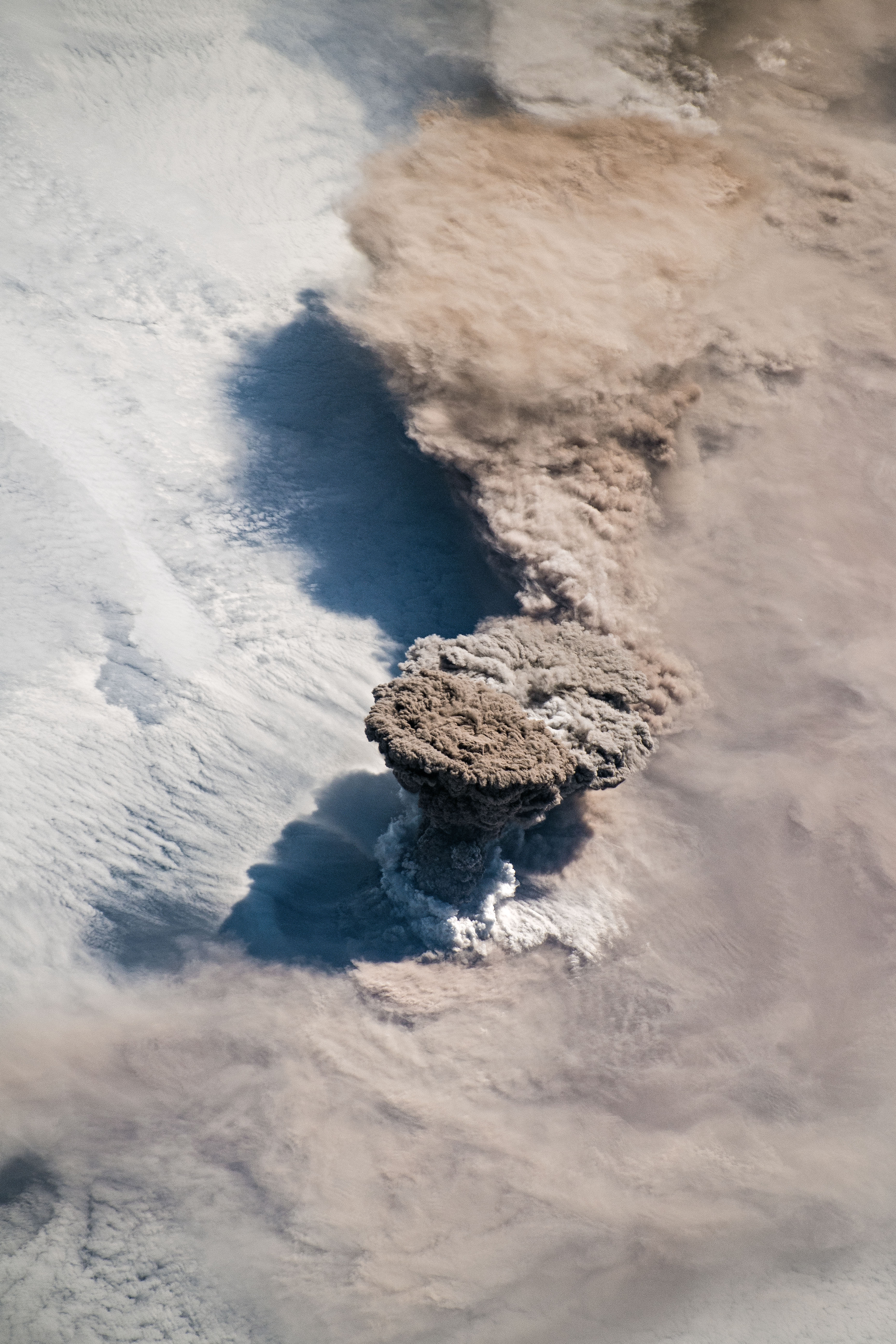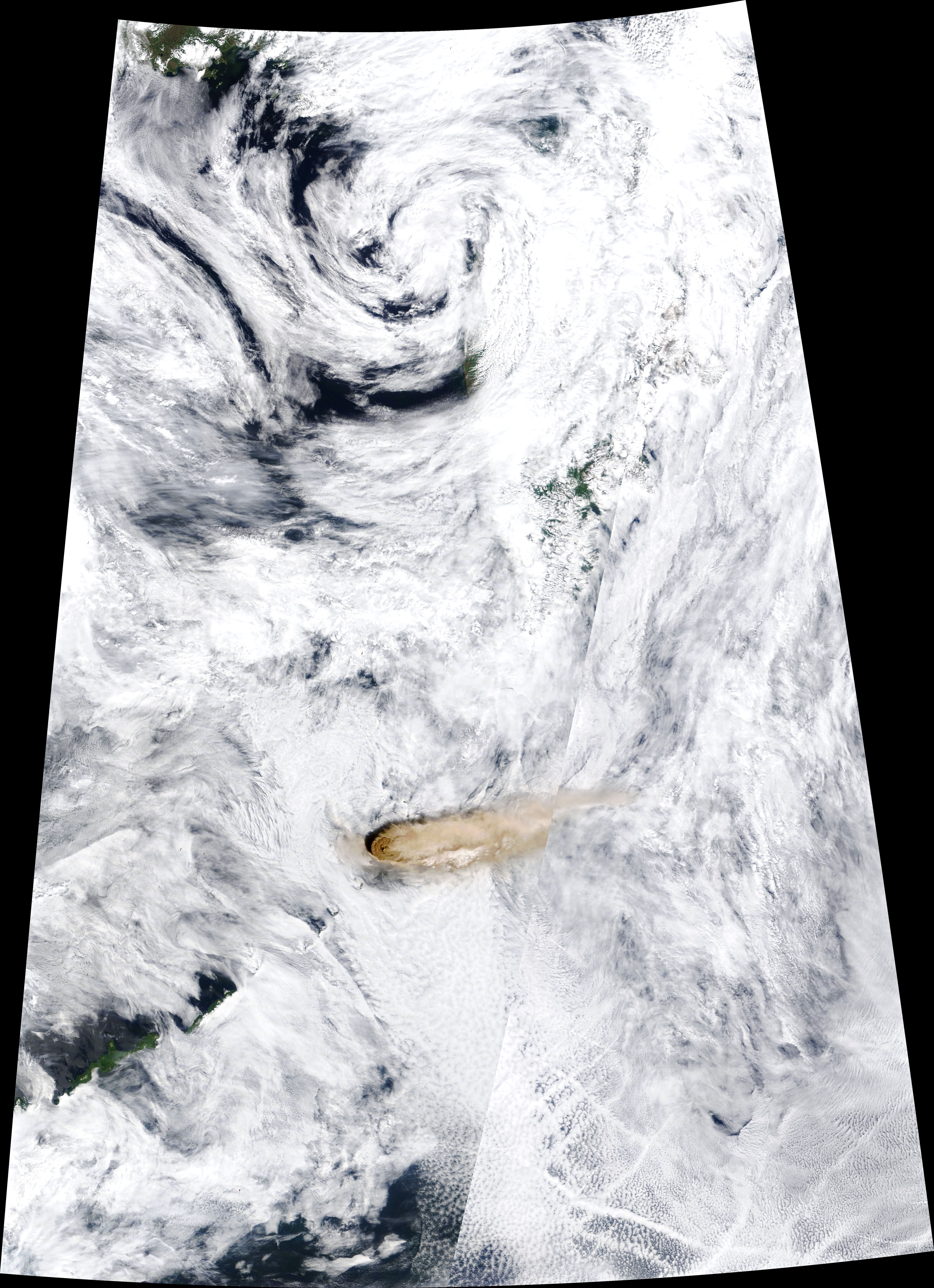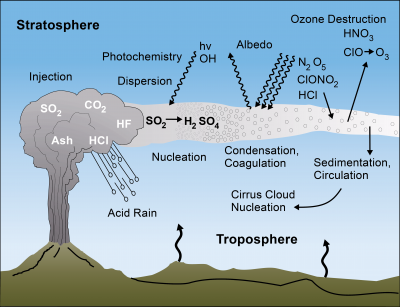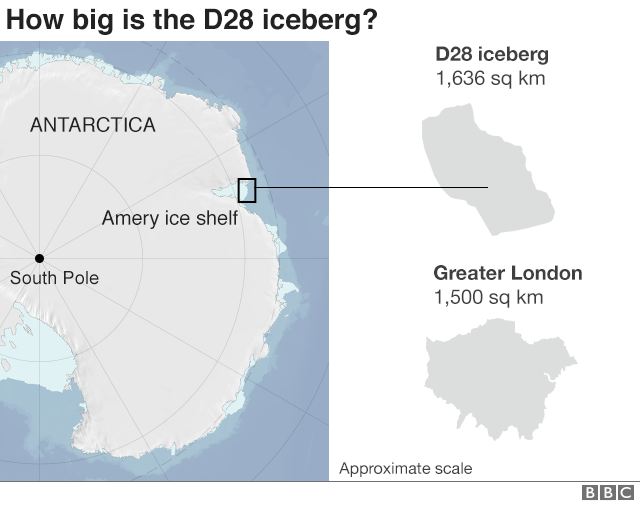Do the Earth's volcanoes emit more CO2 than human activities? No.
Carbon dioxide (CO2) is a greenhouse gas and is the primary gas blamed for climate change. While sulfur dioxide released in contemporary volcanic eruptions has occasionally caused detectable global cooling of the lower atmosphere, the carbon dioxide released in contemporary volcanic eruptions has never caused detectable global warming of the atmosphere. In 2010, human activities were responsible for a projected 35 billion metric tons (gigatons) of CO2 emissions. All studies to date of global volcanic carbon dioxide emissions indicate that present-day
subaerial and submarine
volcanoes release less than a percent of the carbon dioxide released currently by human activities. While it has been proposed that intense volcanic release of carbon dioxide in the deep geologic past did cause global warming, and possibly some mass extinctions, this is a topic of scientific debate at present.
Published scientific estimates of the global CO2
emission rate for all degassing subaerial (on land) and submarine volcanoes lie in a range from 0.13 gigaton to 0.44 gigaton per year. The 35-gigaton projected anthropogenic CO2 emission for 2010 is about 80 to 270 times larger than the respective maximum and minimum annual global volcanic CO2 emission estimates.






